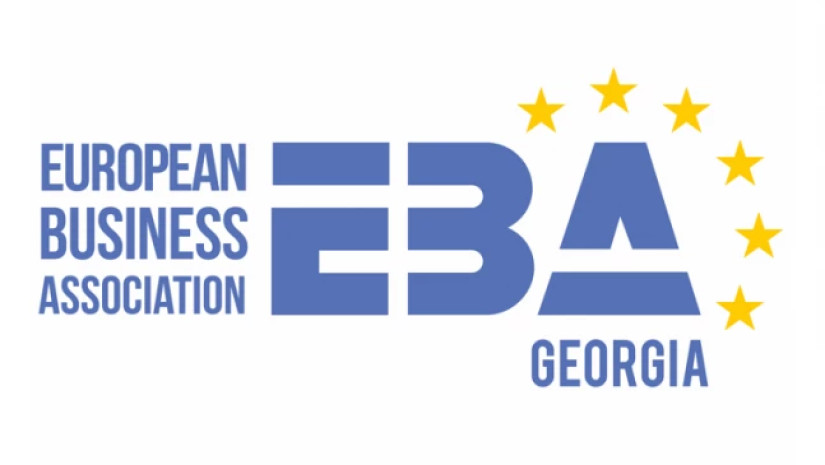Following the coronavirus (COVID-19) outbreak in Georgia, the European Business Association Georgia (EBA), in conjunction with TBSC Consulting, have conducted a survey of members to identify the main challenges now faced by business and identified methods to mitigate them.
Utilising an on-line “Rapid Reaction Poll” of member companies and business sector representatives, over 100 CEOs participated in a survey between March 16th and 22nd.
According to the Poll, 70% of participants consider that the coronavirus outbreak and the resulting prevention and control measures impact on their business will be high and 33% consider that their company revenues in the first part of 2020 will decrease by 20%. Most also noted that it is still too early to estimate the full impact and it is difficult to identify how long it will take their companies to overcome the crisis. This is to be expected as firstly the crisis has not reached its peak and secondly, such an integrated crisis is a first for most Georgian businesses and they have no prior experience of how to deal with the challenges they faced.
According to the Poll, business operators are utilizing all their available resources to ensure the companies full involvement in prevention activities against COVID-19. These include the following: Offering remote working regimes, enabling flexible operating hours for employees, providing medical equipment and logistic support, issuing and ensuring the wearing of masks and protective clothing, closure of sensitive parts of the business as well as additional services and business advisory services in accordance with individual current needs.
Responses to the question what kind of support would you like to have from the government of Georgia to cushion the impact of COVID-19 on your organization. According to the survey, companies consider that in order for them to be able to continue to operate in a normal manner, the government should ensure the following support to Georgian business: Corporate Tax Rebate for YA 2020 (34%), Aggressive job credits scheme (25%), training grants and incentives for companies for up skilling (17%), bridging loan programs (7%) and subsidies and relief for import/ export companies (5%).
According to the Poll results the most important recommendations are the following:
• Enhance predictability of the situation (both for the epidemic as well as economic situation). This could include preparation of an official economic forecast. One of the difficulties is that ongoing pandemic and the related economic crisis is far from its peak and there is still no economic forecast. Such an official forecast would assist businesses to better rearrange priorities and resources. This would additionally enable businesses to identify more accurately their future needs in a more foreseeable environment.
• The Government should quickly develop an Integrated Aid Package for the stages of “Developing Crisis”, “Peak Crisis” and “Post-Crisis” management. The double economic shock of a reduction in supply and demand accompanied by a currency crisis means that a single kind of intervention will not be sufficient. It will be necessary to considered sector specific crisis impact on quality and operations and identify different response mechanisms including fiscal, credit, direct subsidies, technical assistance and others.
• Finally, it is important to avoid reducing the ongoing value creation processes within the country unless when this is unavoidable. From an economic point of view, it is more advisable to increase control (and the associated costs) over the economic processes than to allow the shutdown of production activities as this will paralyze the process of value creation. This is important in order to avoid significant staff layoffs, business closures and market failures and to enable a rapid transition to growth after the crisis.











